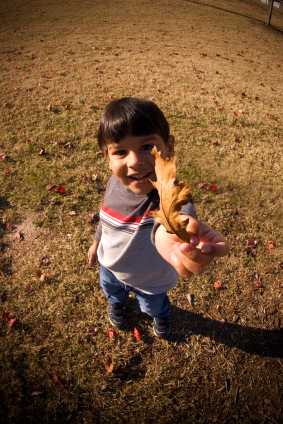Recently I had the opportunity to attend my nieces’ birthday party. Their birthdays are close together and because they are only two years apart and share a lot of the same friends, their celebrations tend to be at the same time Along with making it convenient for their family and other loved ones, this also means that you can pack more into the get together than you might normally do for just one kid’s birthday. Along with crafts and games, my sister and brother-in-law almost always get them a piñata. After all – what kid doesn’t like permission to take a large bat and destroy an animated character only to be rewarded by candy?
In order to ensure that each child gets the thrill of experiencing the joys of the piñata, there are certain guidelines that are instituted. First, the youngest child (who can effectively walk and hold a blunt instrument) gets to go first and the subsequent order proceeds up the age chart until the oldest child swings the bat last. Secondly, when the piñata is cracked open, the children have to wait until they are given permission from a selected adult to get the candy. This (hopefully) prevents any injury from a wayward bat and helps ensure equal opportunity for kids to enjoy the bounty.
At the most recent party, my child happened to be first in line to take the turn at the piñata and while she surely enjoyed hitting the stuffed snowman, I am not sure she quite understood why she was doing so. Even after the candy spilled forth, she was a little perplexed at what she was supposed to do. She happily followed the other kids to where the treasures laid, but the whole concept of gathering them as fast as she could before the competition seized her share was not something she was familiar with. Likely she would have been content watching the action and puttering around with her daddy to pick up the things on the outskirts that the other, more experienced piñata hitters had missed. While her treasure trove would have been limited with this approach, I’m not sure she would have been aware of the difference.
However, I didn’t have time to even think through all of these things before my oldest niece reached into the pile of candy and trinkets and promptly looked around for my daughter to place it in her bag. As the tears begin to form in my eyes as I watched her generosity, as well as her care and concern for her younger cousin, I was reminded of a wonderful lesson. While my daughter would have likely been unaware if she had missed out on this blessing, my niece was intent on making sure she did not. My daughter’s awareness of her deprivation (and any subsequent feelings of disappointment that might have been exhibited) was not necessary before my niece purposed to cheerfully give to her. In other words, she did not give because she had to, or because she was trying to quell feelings of despair. Even before the “loss” was known, she sacrificially gave of what was rightly hers to display kindness to someone else.
As a mom, this episode touched my heart. What parent doesn’t like knowing that their kid is being looked out for and blessed? As a Christian, though, the lesson was even more powerful. Too often, my generosity is limited to those who have an identified and serious need. The busyness of life prevents me from being as proactive as my niece in seeking out how I can give to those who – while they may not need it – may be encouraged by an “unnecessary” gift. I may be quick to respond to tragedy and yet slow to give in the day-to-day course of things. Yet the rush of the throng did not inhibit my niece’s concern for her younger cousin; neither should the hectic pace of my daily schedule inhibit my generosity towards those whose path God causes to intersect with mine.
The ultimate example of this “unnecessary generosity” is of course God Himself (see Mt. 5:45). He regularly gives us blessings that we too often don’t take the time to even acknowledge, let alone for which we take a moment to give Him thanks. However, as we strive to be more like Christ may we seek to exhibit the same kind of cheerful giving. May we give not only to meet an identified need, but may we give out of the abundance of blessings that we ourselves have received.
